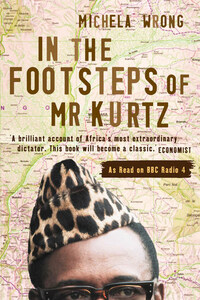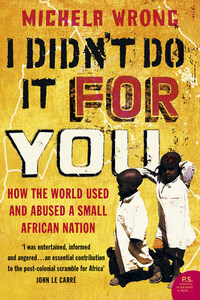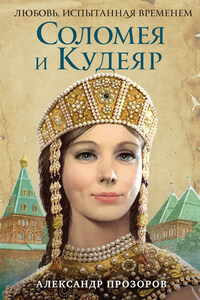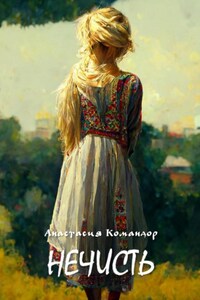âHe wonât be forgotten. Whatever he was, he was not common. He had the power to charm or frighten rudimentary souls into an aggravated witch-dance in his honour; he could also fill the small souls of the pilgrims with bitter misgivings: he had one devoted friend at least, and he had conquered one soul in the world that was neither rudimentary nor tainted with self-seeking. No; I canât forget him.â
Heart of DarknessâJOSEPH CONRAD
The feeling struck home within seconds of disembarking.
When the motor-launch deposited me in the cacophony of the quayside, engine churning mats of water hyacinth as it turned to head back across the brown expanse of oily water that was the River Zaire, I was hit by the sensation that so unnerves first-time visitors to Africa. It is that revelatory moment when white, middle-class Westerners finally understand what the rest of humanity has always known â that there are places in this world where the safety net they have spent so much of their lives erecting is suddenly whipped away, where the right accent, education, health insurance and a foreign passport â all the trappings that spell âIt Canât Happen to Meâ â no longer apply, and their well-being depends on the condescension of strangers.
The pulse of apprehension drummed as I stuffed my clothes back into the ageing suitcase that had chosen the river crossing between Brazzaville and Kinshasa as the moment to split at the seams, transforming me into a truly African traveller. It quickened as a sweating young British diplomat signally failed to talk our way through the red tape and a chain of hostile policemen picked through the intimacies of my luggage, deciding which bits to keep. It subsided as we emerged from our three-hour ordeal, a little the lighter, finally crossing the magic line separating the customs area from the city.
But in truth, the quiet thud of fear would be there throughout my time in Zaire, whether I was drinking a cold Primus beer in the bustling Cité or taking tea in the green calm of a notableâs patio. This ominous awareness of a world of infinite, sinister possibilities had become one of the dominant characteristics of the nation led by the man who started life as plain Joseph Désiré Mobutu, cookâs son, but reinvented himself as Mobutu Sese Seko Kuku Ngbendu Wa Za Banga, âthe all-powerful warrior who goes from conquest to conquest, leaving fire in his wakeâ.
By the mid-1990s, Mobutu had become more noticeable by his absence than his presence, a tall, gravel-voiced figure glimpsed occasionally at official ceremonies and airport walkabouts in Kinshasa, or fielding hostile questions at a rare press conference in France with a sardonic politeness that hinted at huge world-weariness. Rattled by the army riots that had twice devastated his cities, belatedly registering the extent to which he was hated, he had withdrawn from a resentful capital to the safety of Gbadolite, his palace in the depths of the equatorial forest, to nurse his paranoia.
His impassive portrait, decked in comic-opera uniform, kept watch on his behalf, glowering from banks, shops and reception halls. âBig Manâ rule had been encapsulated in one timeless brand: leopardskin toque, Buddy Holly glasses and the carved cane so imbued with presidential force mere mortals, it was said, could never hope to lift it. He liked to be known as the Leopard, and the face of a roaring big cat was printed on banknotes, ashtrays and official letterheads. But to a population that had once hailed him as âPapaâ, he was now known as âthe dinosaurâ, a tribute to how sclerotic his regime had become. Certainly, on a continent of dinosaur leaders, of Biya and Bongo, Mugabe and Moi, he rated as a Tyrannosaurus Rex of the breed, setting an example not to be followed. No other African autocrat had proved such a wily survivor. No other president had been presented with a country of such potential, yet achieved so little. No other leader had plundered his economy so effectively or lived the high life to such excess.
Preyed on by young men with Kalashnikovs, its administration corroded by corruption, a nation the size of Western Europe had fallen off the map of acceptable destinations. My battered copy of the Belgian Guide Nagel, picked up in a Paris bookshop, described Kinshasa as a modern capital âboasting all the usual attributes of Europeâs great citiesâ and encouraged the tourist to explore its museums, monuments and âindigenous quartersâ. But that had been in 1959, when the world was a white manâs oyster. Kinshasa was now a stop bypassed even by hardened travellers, where airlines avoided leaving their planes overnight for fear of what the darkness would bring. A hardship posting for diplomats, boycotted by the World Bank and IMF, it was a country every resident seemed determined to abandon, if only they could lay their hands on the necessary visa.











